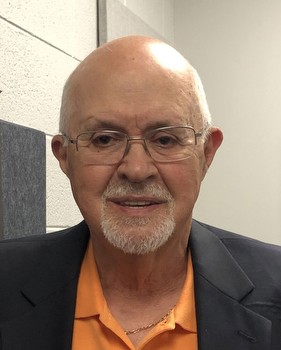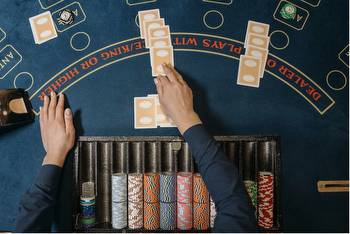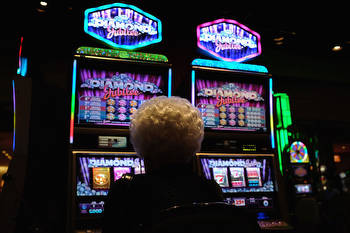How To Quit Gambling Cold Turkey

Commercial gaming in 2021 will generate $53 billion in revenue in the U.S. alone. Around one percent of adults in U.,S., have a severe gambling problem.
Gambling is addictive because it rewires the brain's neurological pathways. Some people are more susceptible to gambling addiction than others. Patrick Foster was gambling for 13 years. He tried to kill himself. He was on the verge of suicide. The main risk factors for problem gambling are impulsivity, negative affect, depression and anxiety. People with gambling problems end up worse off than they were before. They lose their house and job. It was at the Cheltenham Festival in 2018 that Patrick tried suicide to escape his gambling problem. His book, Might Bite, is about his journey.
There is no one-size-fits-all approach to quitting gambling. Foster went to a treatment facility/addiction rehab in London for several weeks, used Gambler's Anonymous and went abstinent. For mental health issues, it's important to receive help from a mental professional.
Cold turkey quitting gambling is useful for some people, but not everyone is ready to do it. Some people can get their gambling under control by limiting the amount they spend or switching to less problematic games. For example, major lotteries are less harmful than slot machines.
During recovery from a gambling disorder, it can be hard to resist the temptation to gamble again. The first thing to avoid is to get up and grab a glass of water during the TV advertisement breaks during sports games. Mindfulness meditation is helpful as an ongoing practice. Gambling is never the solution to your problem and will never sort things financially. If you need confidential help with gambling addiction, contact The National Council on Problem Gambling to find local resources and support. Call 1-800-522-4700 or text 1,800.522.47000.





































